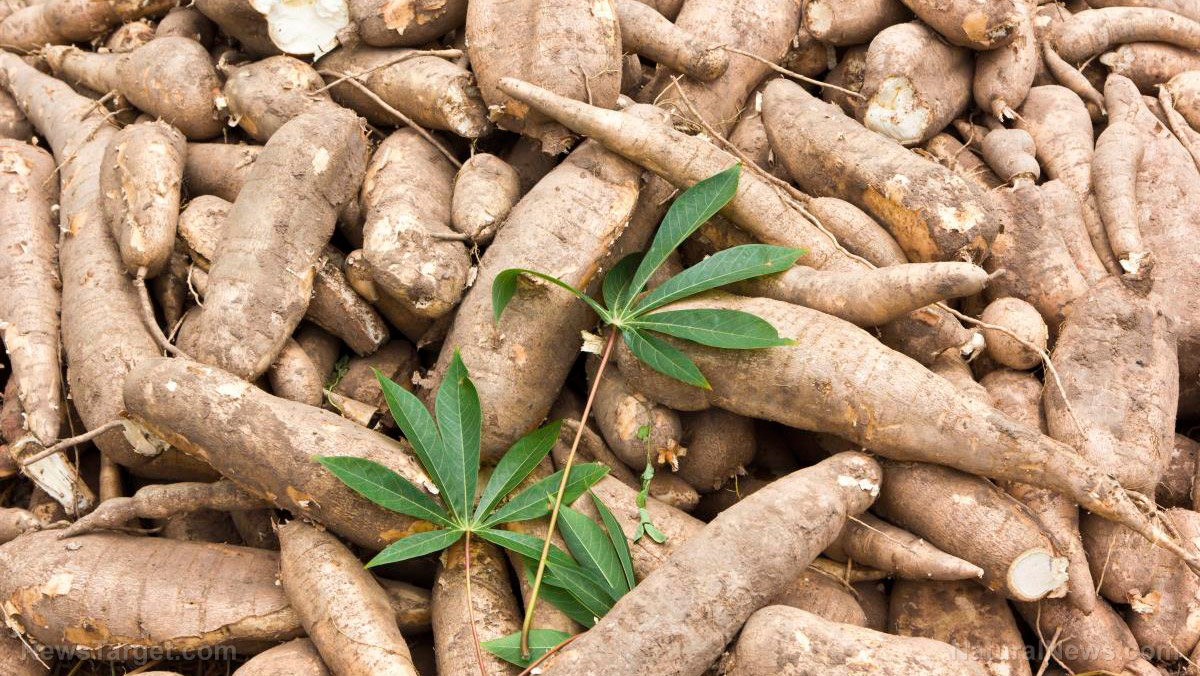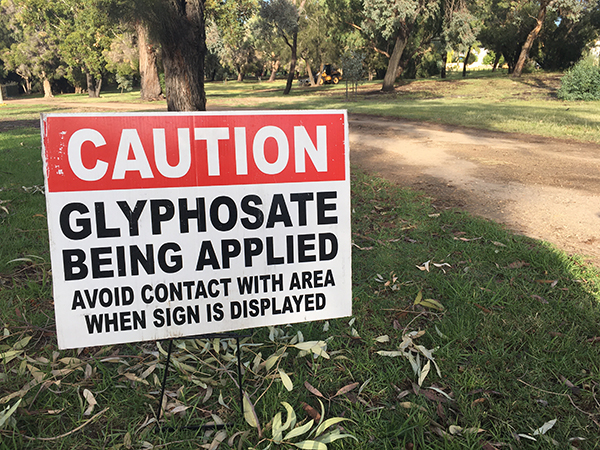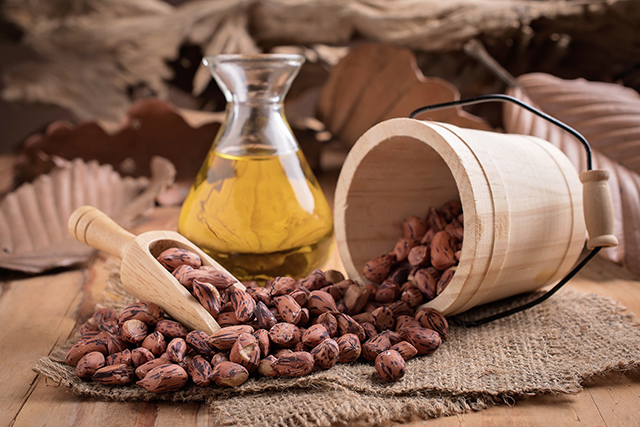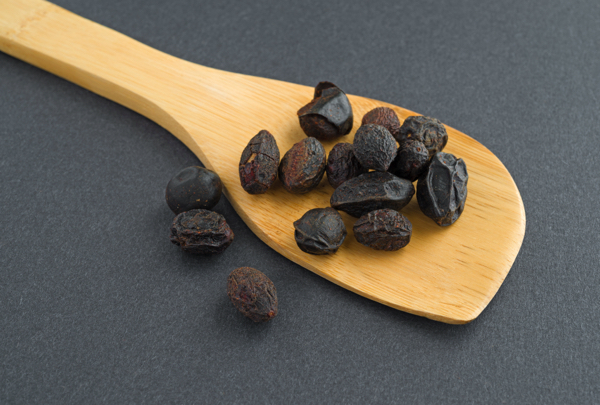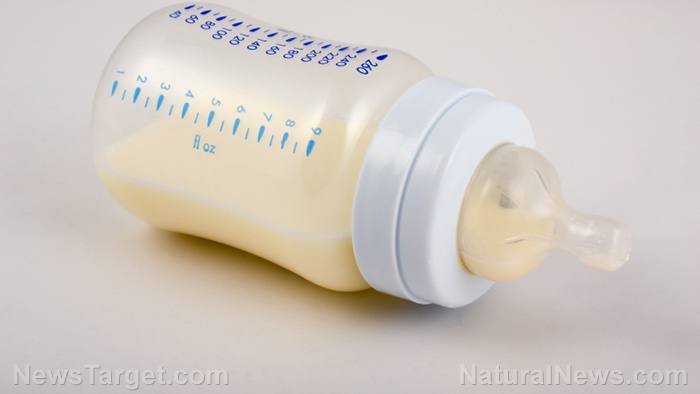Gut microbiome’s role in stress resilience emerges as key focus in mental health research
05/13/2025 / By Willow Tohi

- The gut microbiome influences mental resilience through the gut-brain axis, with resilient individuals showing distinct microbial activity (e.g., anti-inflammatory metabolites) and enhanced brain structures that regulate stress responses.
- Beneficial gut bacteria produce serotonin and short-chain fatty acids (SCFAs) like butyrate, which strengthen gut barrier function, reduce inflammation and stabilize mood — key factors in stress resilience.
- Imbalanced gut microbiota (dysbiosis) is linked to depression, anxiety and PTSD, as harmful microbes increase inflammation and “leaky gut,” disrupting brain function and emotional regulation.
- Clinical trials highlight promising treatments, such as Akkermansia supplements, which improve gut integrity and metabolic health, though success depends on diet (e.g., avoiding seed oils) and proper probiotic formulations.
- Research challenges traditional symptom-focused approaches, advocating for microbiome-targeted therapies (probiotics, personalized diets) to prevent and treat mental health disorders holistically.
Recent research reveals significant links between the gut microbiome and stress resilience, offering groundbreaking insights into mental health. A study by UCLA’s Arpana Church and her team, published in Nature Mental Health, found that individuals with high stress resilience exhibit distinct gut microbiome activity and brain structure differences, underscoring the microbiome’s role in mental resilience. These findings challenge traditional approaches to mental health by highlighting biological markers — such as anti-inflammatory microbial metabolites and gut barrier integrity — as critical to navigating stress. With stress-related healthcare costs exceeding $300 billion annually in the U.S., these discoveries could reshape therapeutic strategies, personalizing interventions for anxiety, depression and PTSD.
The brain-gut axis and the science of resilience
The microbiome’s influence on psychological resilience is rooted in its communication with the central nervous system through the gut-brain axis. Church’s study analyzed 116 participants, identifying microbiome and brain patterns in highly resilient individuals, including enhanced gut barrier function and reduced inflammation. The resilient group’s gut microbes exhibited heightened activity in pathways involved in environmental adaptation and energy production, while their brains showed stronger cognitive “braking” mechanisms, dampening stress responses.
This aligns with broader research showing that gut microbes produce neurotransmitters like serotonin (95% of which is produced in the gut) and short-chain fatty acids (SCFAs) like butyrate, which safeguard the intestinal lining and modulate immune signaling. Disruptions to this balance, known as dysbiosis, correlate with mental health disorders, including depression, as highlighted in a 2022 review in Frontiers in Immunology.
The science of resilience here hinges on microbial metabolites such as SCFAs, which not only nourish colon cells but also regulate neurotransmitter production and reduce inflammation. For instance, Akkermansia muciniphila, a keystone probiotic strain, strengthens gut integrity by promoting mucus production and consuming toxins — a process impaired in those with compromised resilience.
Dysbiosis as a catalyst for mental health struggles
When microbial diversity falters, the consequences extend beyond physical health. Dysbiosis triggers systemic inflammation and “leaky gut,” where toxins permeate the bloodstream, potentially altering brain function. Studies, such as one in Translational Psychiatry, show individuals with depression harbor fewer butyrate-producing bacteria, while those with Alzheimer’s exhibit microbial imbalances linked to neuroinflammation.
The UCLA study further confirmed that anxiety levels correlated with microbiome composition, a finding echoed in large population studies associating low microbiome diversity with depression. Researchers hypothesize that microbes like Faecalibacterium and Coprococcus — prominent SCFA producers — foster resilience by stabilizing mood. However, modern lifestyle factors, including high linoleic acid intake from processed foods and antibiotic overuse, erode microbial balance, exacerbating stress vulnerability.
Clinical trials and the promise of probiotic interventions
Emerging therapies aim to recalibrate the microbiome. Clinical trials of Akkermansia supplements, such as those using 10 billion CFU doses, have shown improvements in metabolic health, including reduced insulin resistance and fat mass. A 2024 study in Nature Medicine demonstrated its efficacy in patients with obesity, while lower doses (1 billion CFU) help restore gut barrier function in conditions like cirrhosis.
However, success hinges on addressing mitochondrial health and oxygen levels in the gut. Mitochondrial toxins, such as seed oils rich in linoleic acid, impair energy production needed to sustain anaerobic microbial habitats. Experts like Dr. Joseph Mercola recommend a six-month detox from seed oils before supplementation to optimize efficacy.
Probiotic potency metrics matter too: CFU counts must indicate live, active bacteria, not misleading TFU or AFU measurements found in pasteurized products. Delayed-release formulations also ensure delivery to the colon, where Akkermansia thrives.
Beyond gut health — a paradigm shift in mental care
The gut microbiome’s centrality to mental resilience challenges the outdated mechanistic model of medicine that prioritized symptom suppression over holistic wellness. As universities and biotech companies pursue microbiome-based treatments — from probiotics to personalized diets — the promise of earlier intervention and preventive care looms large.
Dr. Church’s research exemplifies this shift: “Imagine engineering a probiotic blend to mitigate stress before disorders take hold,” she envisions. While clinical trials must advance, the path forward is clear — a future where psychological resilience is fostered not just by behavioral changes, but by nurturing the trillions of microbes that orchestrate our mental health.
Sources for this article include:
Submit a correction >>
Tagged Under:
brain function, brain health, discoveries, good microbes, gut health, gut microbiota, gut-brain axis, health science, mental health, Mind, mind body science, natural health, probiotics, real investigations, research, stress resilience
This article may contain statements that reflect the opinion of the author


